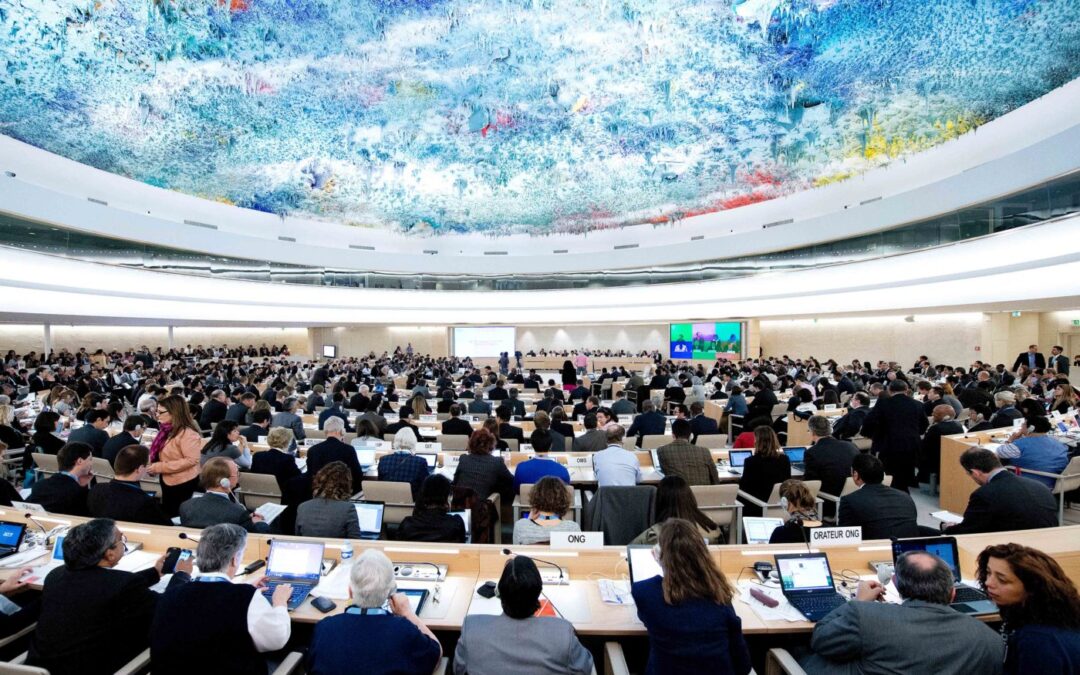
UN: ICJ deplores enduring impunity for crimes under international law in Syria
The ICJ today delivered a statement before the UN Human Rights Council during the interactive dialogue with the Commission of Inquiry on Syria.

The ICJ today delivered a statement before the UN Human Rights Council during the interactive dialogue with the Commission of Inquiry on Syria.
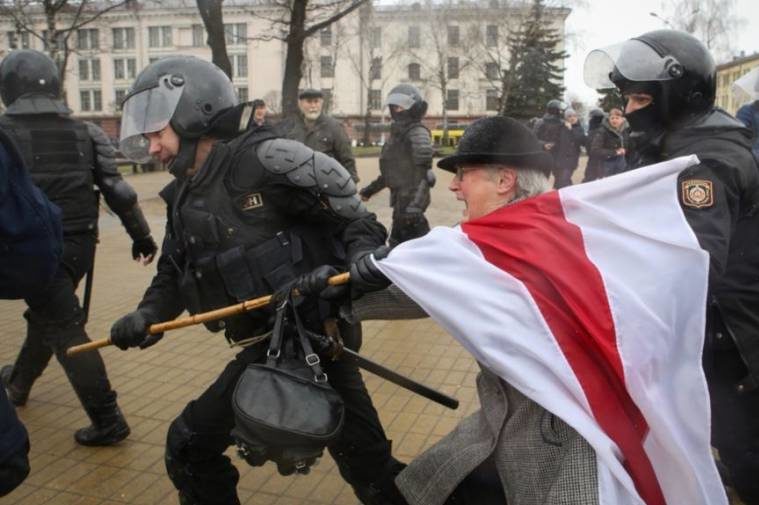
The ICJ called on the UN Human Rights Council today to renew the mandate of the OHCHR examination team on the situation of human rights in Belarus and to work towards ensuring accountabiltiy for crimes under international law.
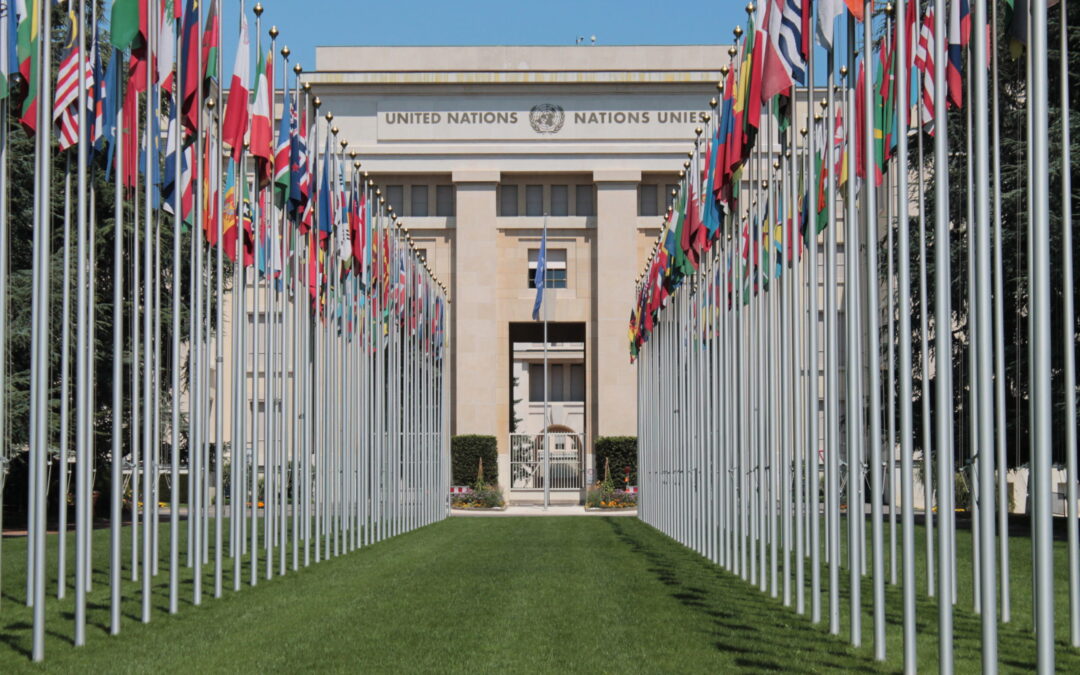
Before the UN Human Rights Concil, the ICJ called today upon States to serious address the enduring impunity for crimes under international law and gross human rights violations committed in rendition and secret detention programmes and practices.
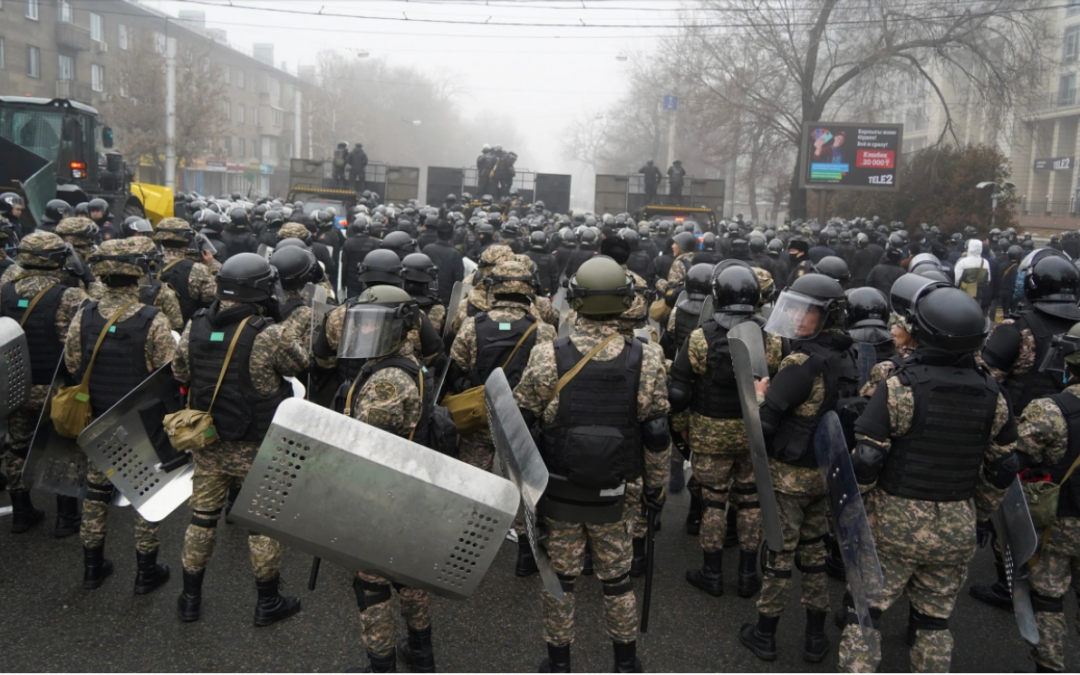
As mass arrests are made following protests and violent clashes in Kazakhstan, it is essential that those arrested or detained have access to a lawyer, to judicial review of detention and to a fair trial, the ICJ said today.
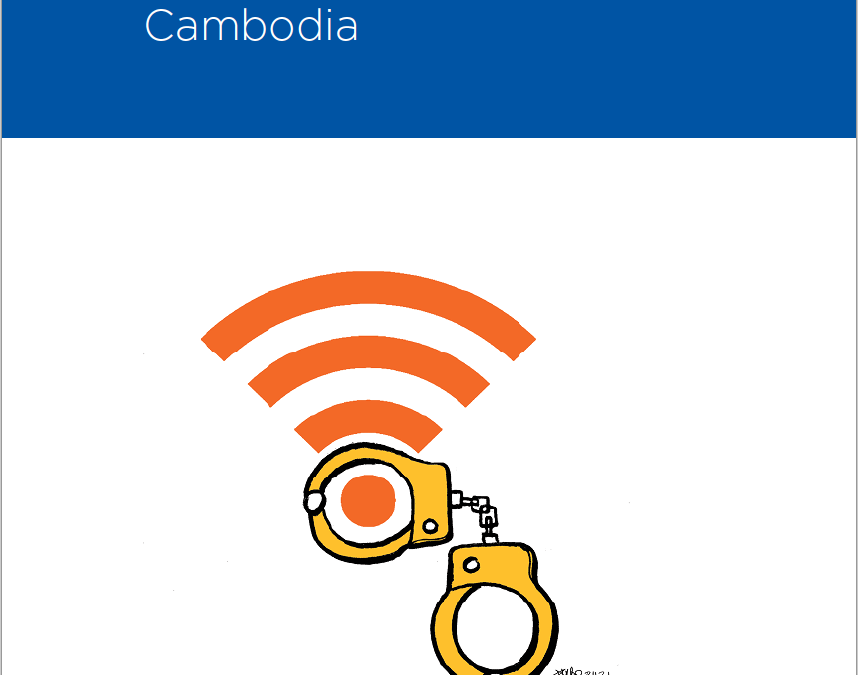
The Cambodian authorities should immediately reform laws, policies and practices that have led to increasing violations of human rights in the digital sphere, the ICJ said in a new report launched today.